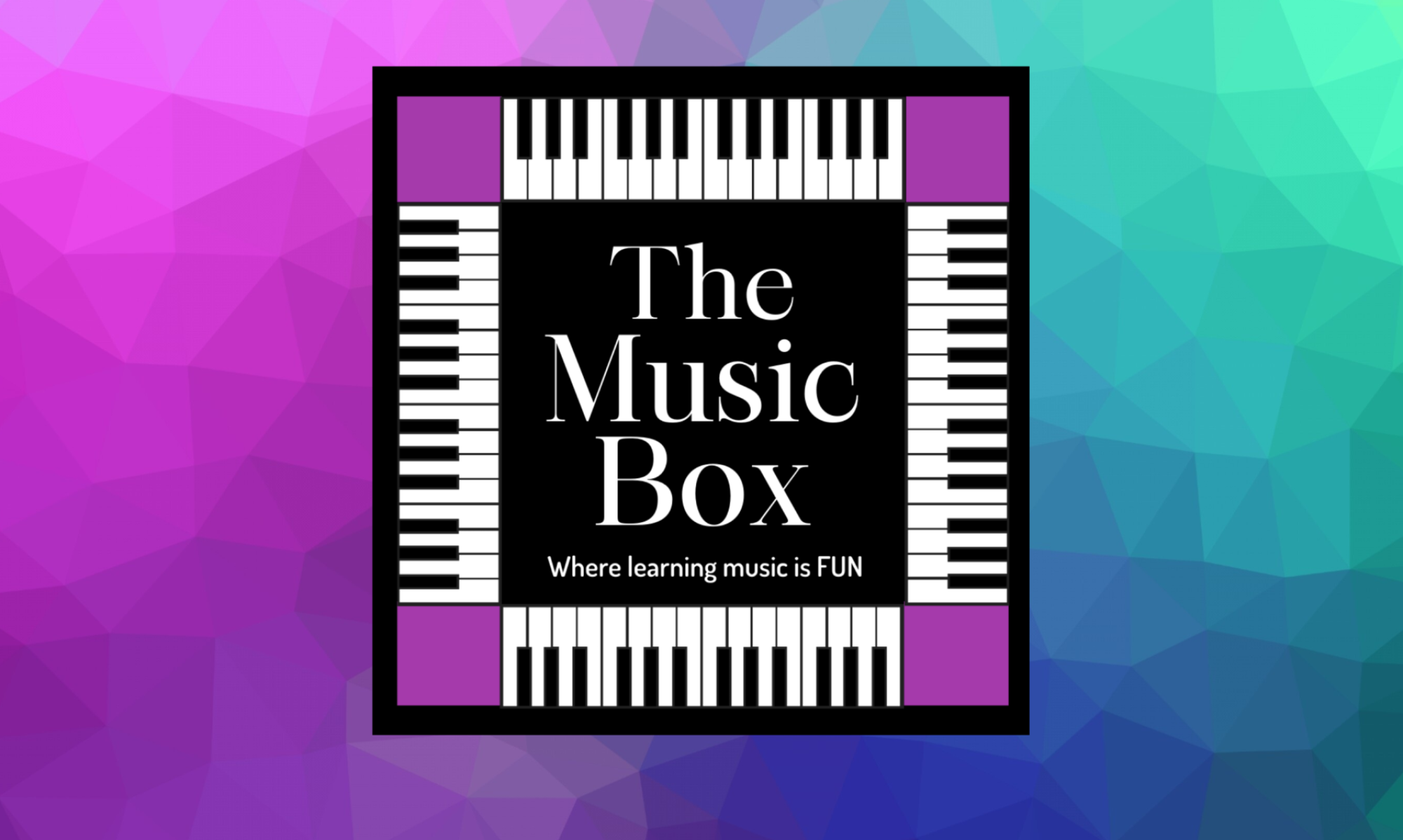Watch your music, not your fingers!
 A few years ago as I sat in grade 9 typing class…yes it was actually a class at one point…I remember my teacher raising her eyebrows at me every time I looked at my fingers to type. Eventually she covered my hands with a piece of paper taped to the type writer so I HAD to learn to type by feel. “You will learn to type much faster if you don’t look at the keys. Look at the paper so you know what to type.”
A few years ago as I sat in grade 9 typing class…yes it was actually a class at one point…I remember my teacher raising her eyebrows at me every time I looked at my fingers to type. Eventually she covered my hands with a piece of paper taped to the type writer so I HAD to learn to type by feel. “You will learn to type much faster if you don’t look at the keys. Look at the paper so you know what to type.”
She was right. I still watch my fingers when I type and I am horribly slow.
Finger watching! Not good for typers and even worse for piano players.
Finger watching makes note reading next to impossible since you spend most of your time trying to relocate your spot in the music after you have looked away from the page. Then once you have found your spot you have to look at your fingers to find that note on the keyboard and then you have to look up and search frantically for your spot again. It doesn’t take long for finger watchers to become completely frustrated. They either give up or work hard to develop coping strategies that allow the student to continue playing music, but do nothing to improve reading skills.
Some finger watchers will become expert memorizers. They memorize a piece as they learn it so they can spend all of their time watching their fingers dance along the keys. Learning songs can be tricky for students who rely on memorization which is an issue since you have to learn what the notes are before you can memorize them…right? This gives birth to new coping strategies like asking the teacher to play the piece each week for them so they can hear it (while they memorize what they hear and what they see you do….very sneaky), or letting mom/dad point to the keys needed so they don’t even need to look at the music at all, or using their good ear and musicality to master what they think the song should sound like, so it sounds phenomenal even though it is nothing like what is on the page. All of these coping strategies take amazing skill and energy. In fact, they take way more energy than just learning how to play without watching your fingers in the first place.
So what to do if you find that you…or your child is becoming a finger watcher?
If you are a finger watcher:
- try to cover your hands with a tea towel or have someone hold a book over your hands so you have to watch your music.
- review your note names using flash cards and try to play the notes without looking at the keyboard…feel for the correct key with your eyes closed
- play scales and triads with your eyes closed
If your child is a finger watcher:
- point to the notes as your child plays
- avoid giving note names to your child. If a mistake is made tell your child to try again and point to the note until it is played correctly, then move to the next note.
- avoid pointing to the correct key – have your child figure it out on their own, giving verbal clues as necessary
- have your child say the rhythm out loud.
While it is true that during performance, most musicians will watch their hands while they play a memorized piece; it is also true that those same musicians spent hours watching only their music so that they could learn each phrase correctly before committing it to memory. Avoiding the finger watching habit will make music reading faster and more accurate. Let your ear tell you if you hit a wrong note. Then if you need to fix it, a quick look at your digits will do just fine. Eyes on your music and you’ll be amazed at how much easier it is to learn new songs.
So now that I have offered some pretty good advice for piano players, perhaps I should use it to work on my typing skills. If you see a tea towel in the studio, you’ll know why!
